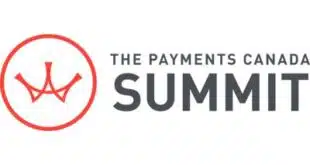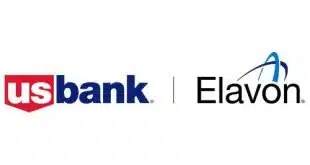By Tom Byrnes, SVP, Marketing, PayiQ
The current ISV market is growing exponentially and is expected to show a compound annual growth rate (CAGR)
According to recent research by the Retail Solutions Providers Association (RSPA), there are currently 200,000 ISVs operating in the market. This number is expected to grow to one million in the coming decade, boosting the current value of the ISV market from $114 million in revenue to $287 million by 2030.
Diving into Current Market Forces
The growing flood of competition in the ISV market has significantly changed the demands on software providers. A key example can be seen in the increased amount of time ISVs spend helping their clients integrate with new hardware and software solutions. In fact, 87% of ISV executives are reporting that they experience challenges merging their solutions with solutions from other ISVs.
ISVs are also devoting considerable resources to help clients merge with solutions that are external to their own offerings. Beyond the technical challenges, this often leaves other, more profitable business operations lagging behind. Operationally, this causes ISVs to take on technology that is not their native domain and, once it’s installed, they wind up in the position of having to support it, creating a new cost center.
ISVs are Rethinking their Business Model
Almost every ISV has reacted to the changing tides. A full 92% say they have already shifted their business model in the past two years in response to the significant evolution in client demands.
This appears to be just the beginning of a seismic shift. For example, a full 76% of retail CEOs think their business will not be recognizable five years from now. Part of this change in retail is being brought on by the upcoming projected labor shortages.
As the baby boomers retire and the smaller cohort of GenZ becomes the dominant employee base, these shortages will create challenges for businesses with a significant need for entry-level employees. Many will look to ISVs for new solutions that leverage technology into customer-facing roles.
PayiQ Brings Omnichannel Payments and Personalization
All of this has put ISVs in a challenging position when it comes to maintaining both a competitive posture and—most importantly—profitability. While an ISV’s software will remain the definitive anchor in its value proposition, the ability to integrate payments into its solution will be central to driving its margins and overall valuation. In response to ISV market demand for truly modernized payments, PayiQ has developed a modern cloud-enabled payments platform.
This state-of-the-art payment platform is a full-stack solution that offers faster transactions, advanced security, and a range of automated management tools. To lower operational costs, it automates facets of the payments process, including onboarding, risk assessment, reporting, and chargebacks. Most importantly, enables merchants to track the behaviors and purchase preferences of previously anonymous customers across all channels, even brick-and-mortar stores.
As the first true omnichannel payments and personalization solution, PayiQ gives ISVs a distinct competitive edge that aligns directly with the new set of merchant demands for advanced technology that can help improve the customer experience. PayiQ’s simple cut-and-paste API makes adding integrated payments a breeze. And total pricing control lets businesses offer promotional pricing to customers as part of a larger deal. It’s a payments solution adapted to the changing landscape that all ISVs currently face.





